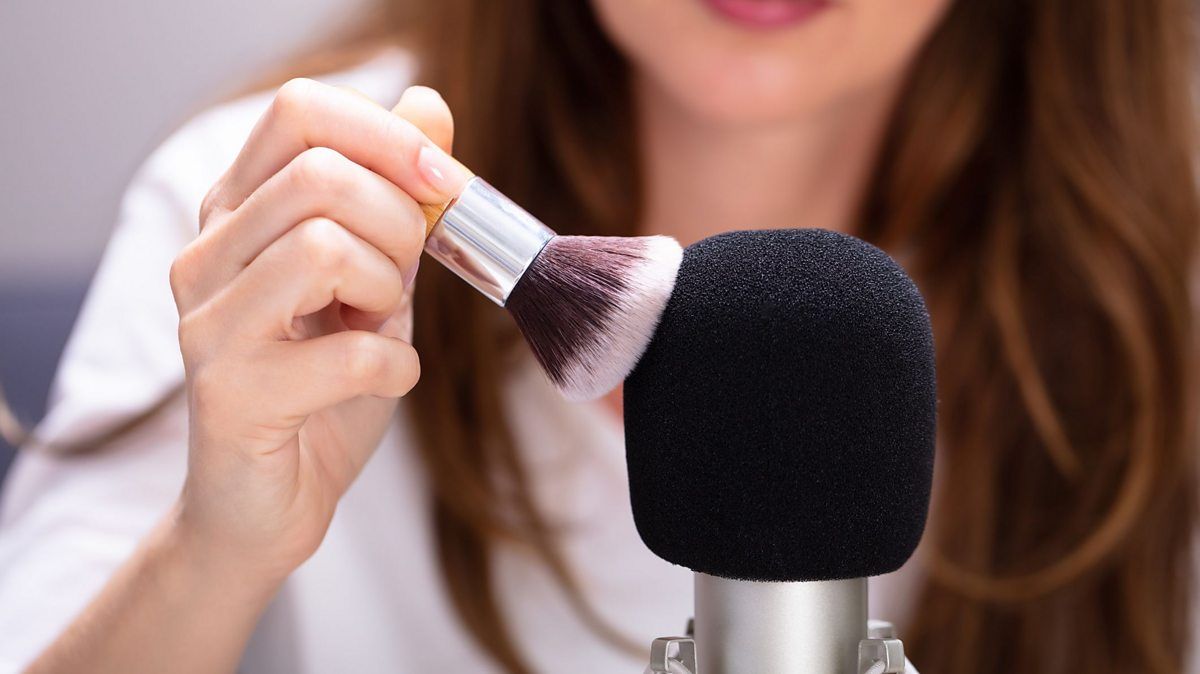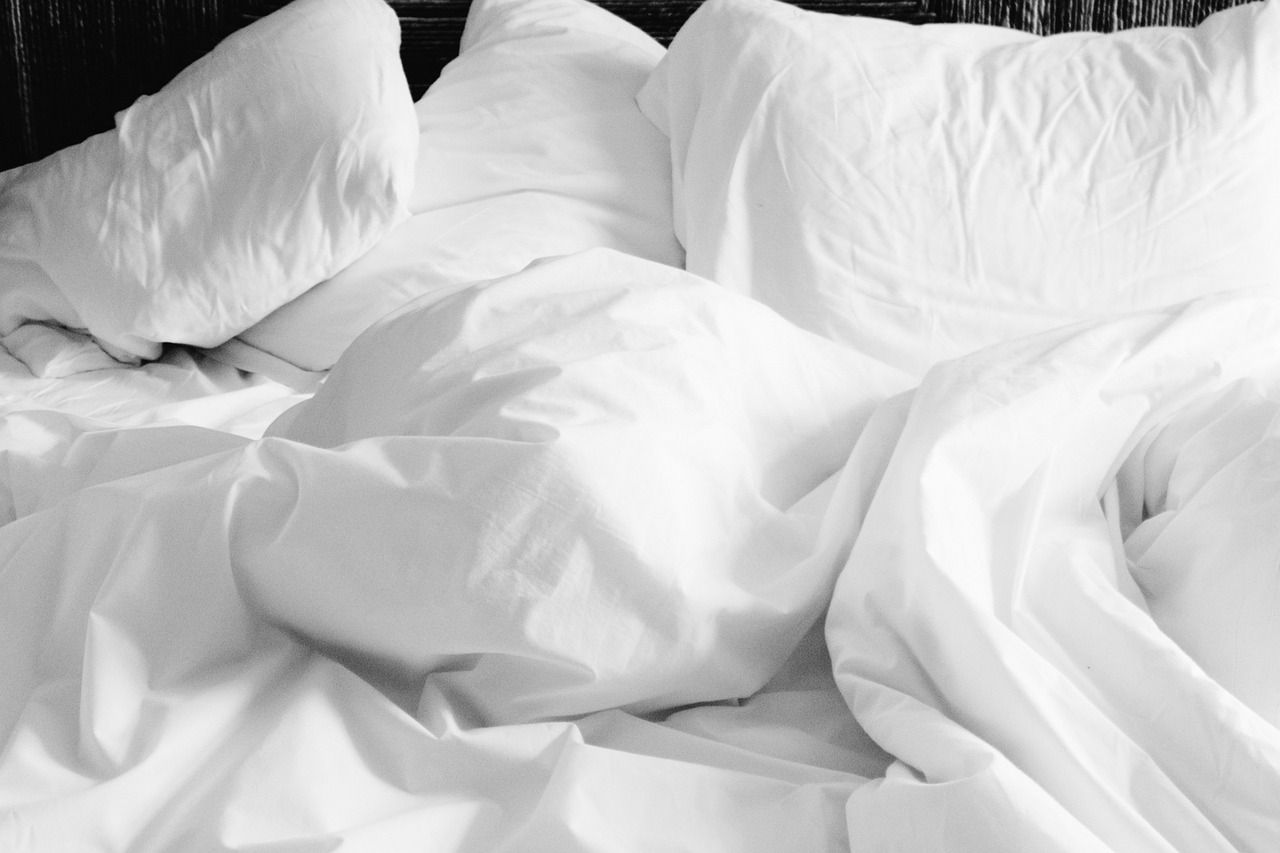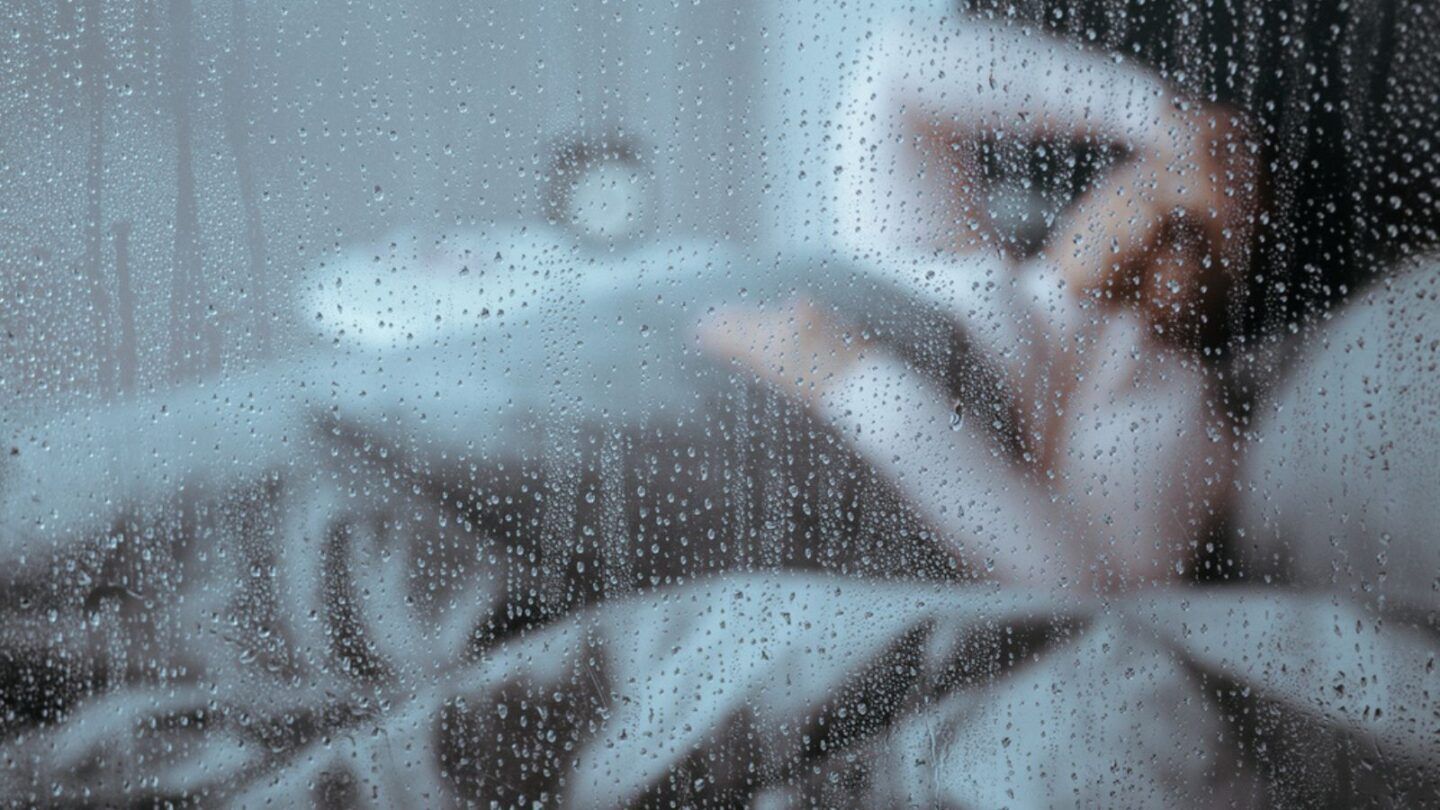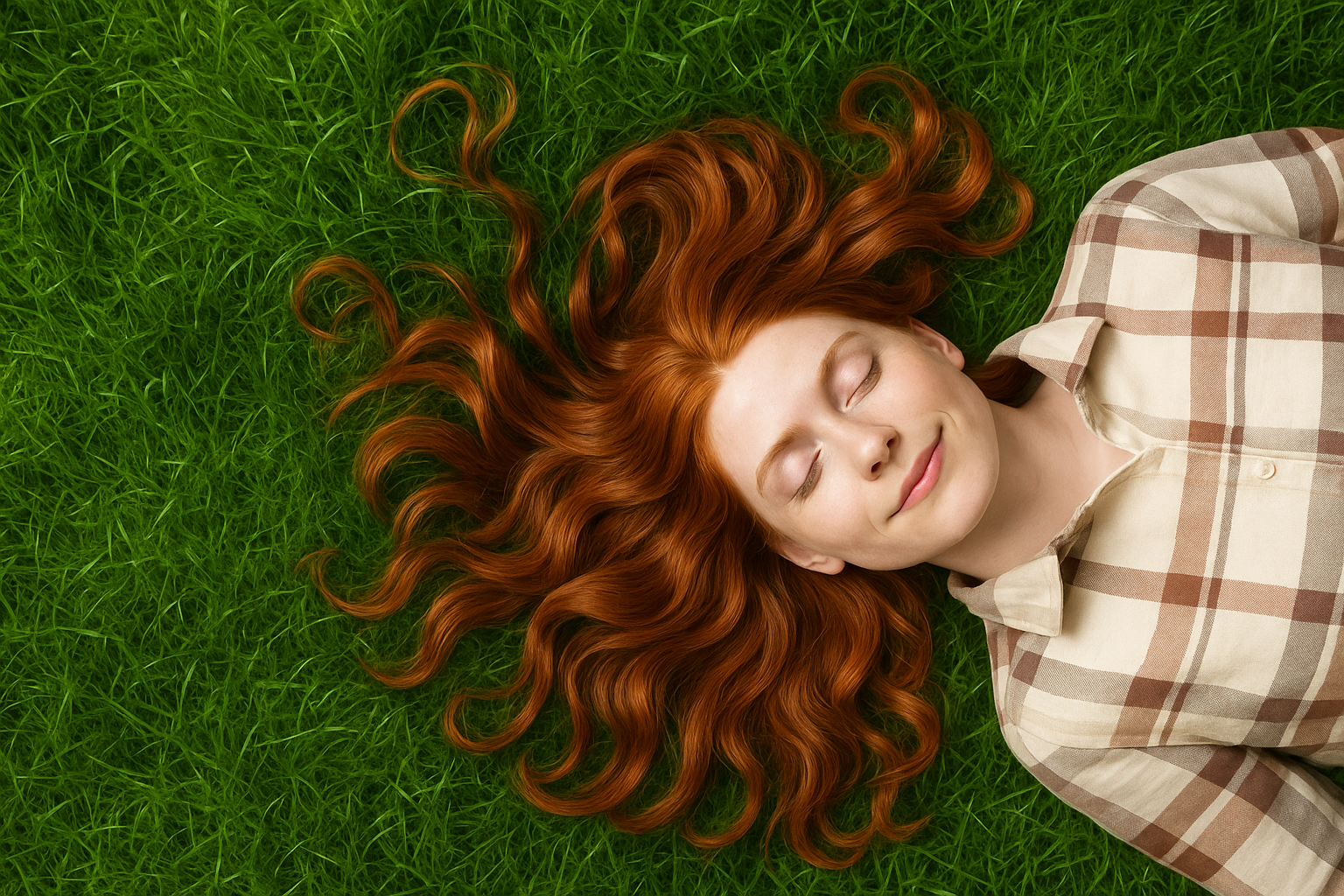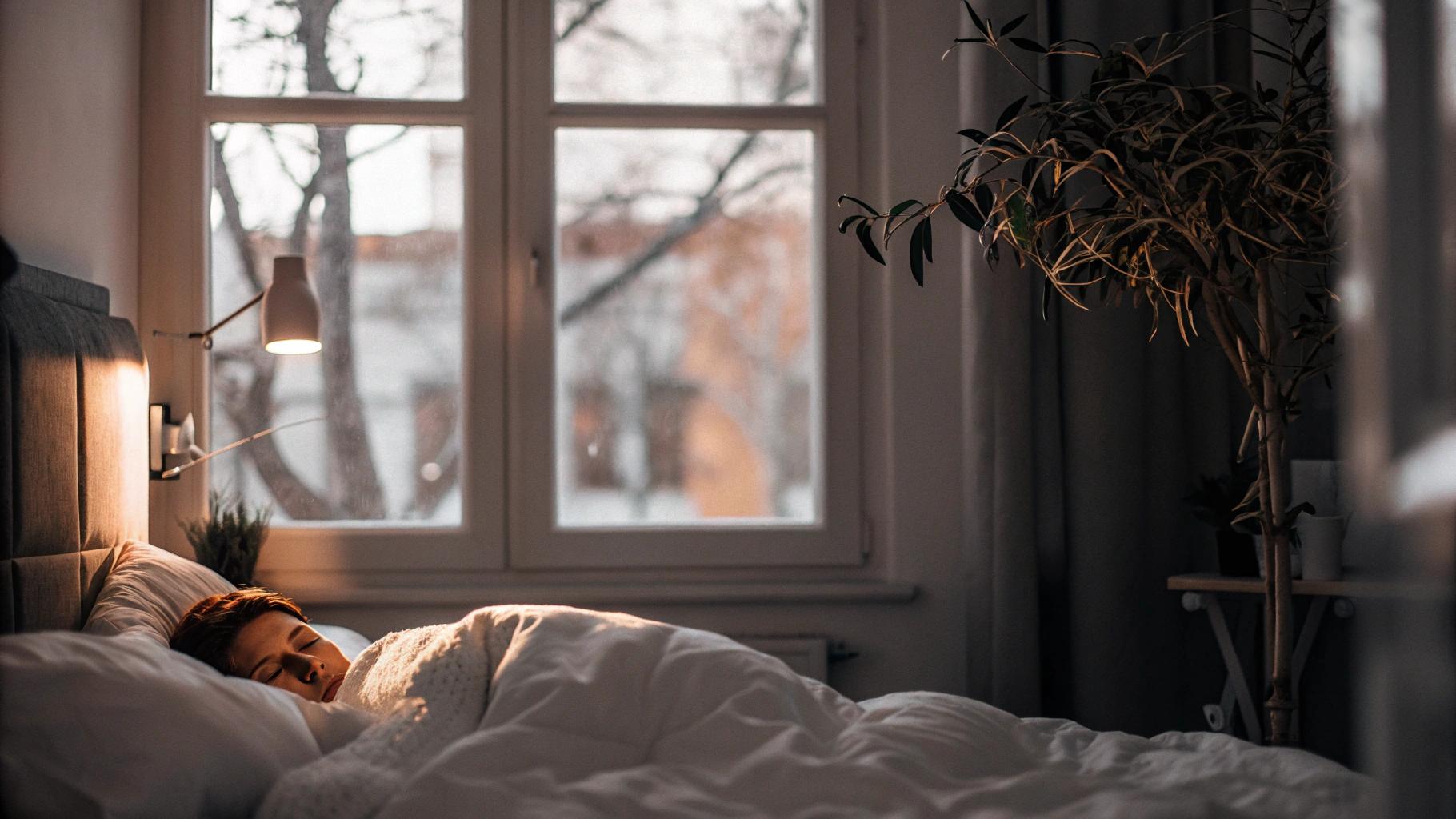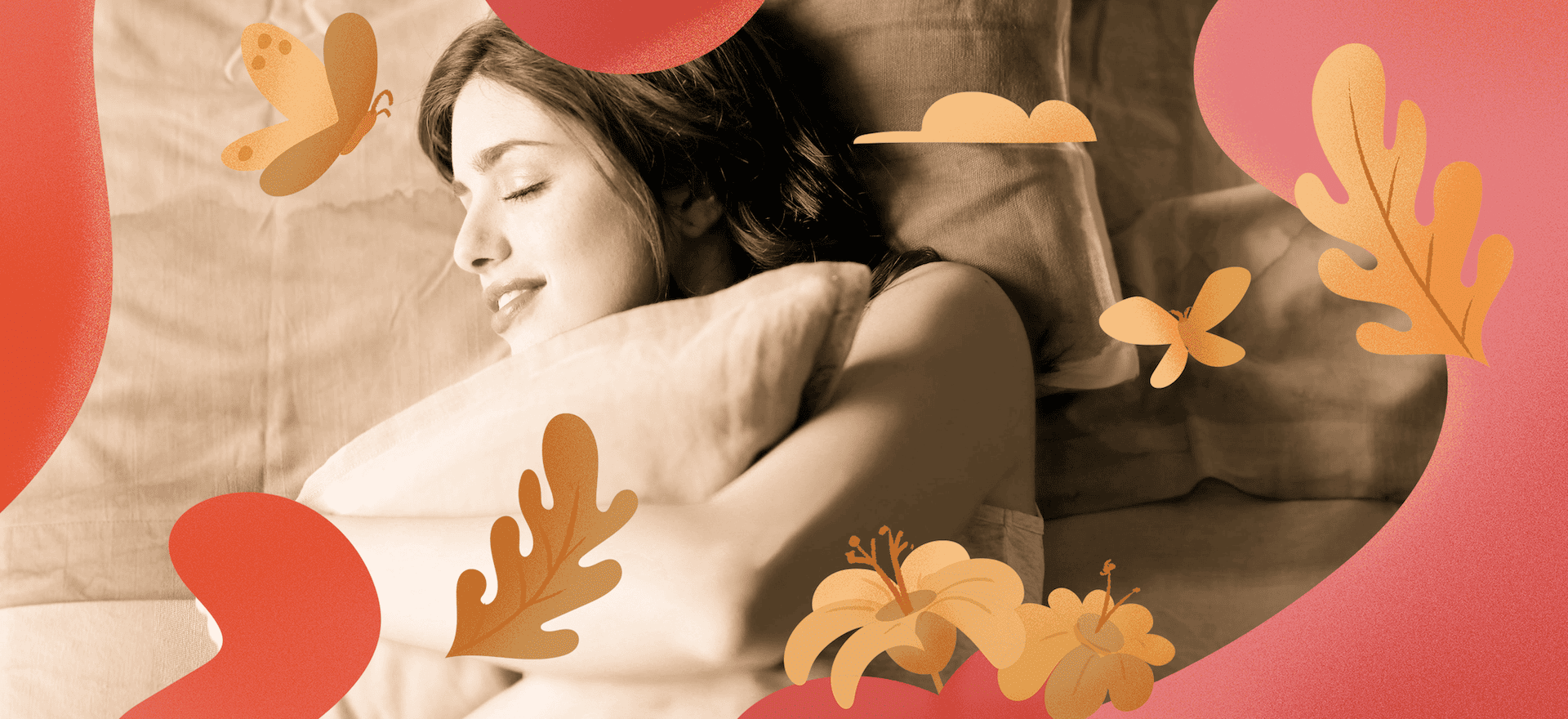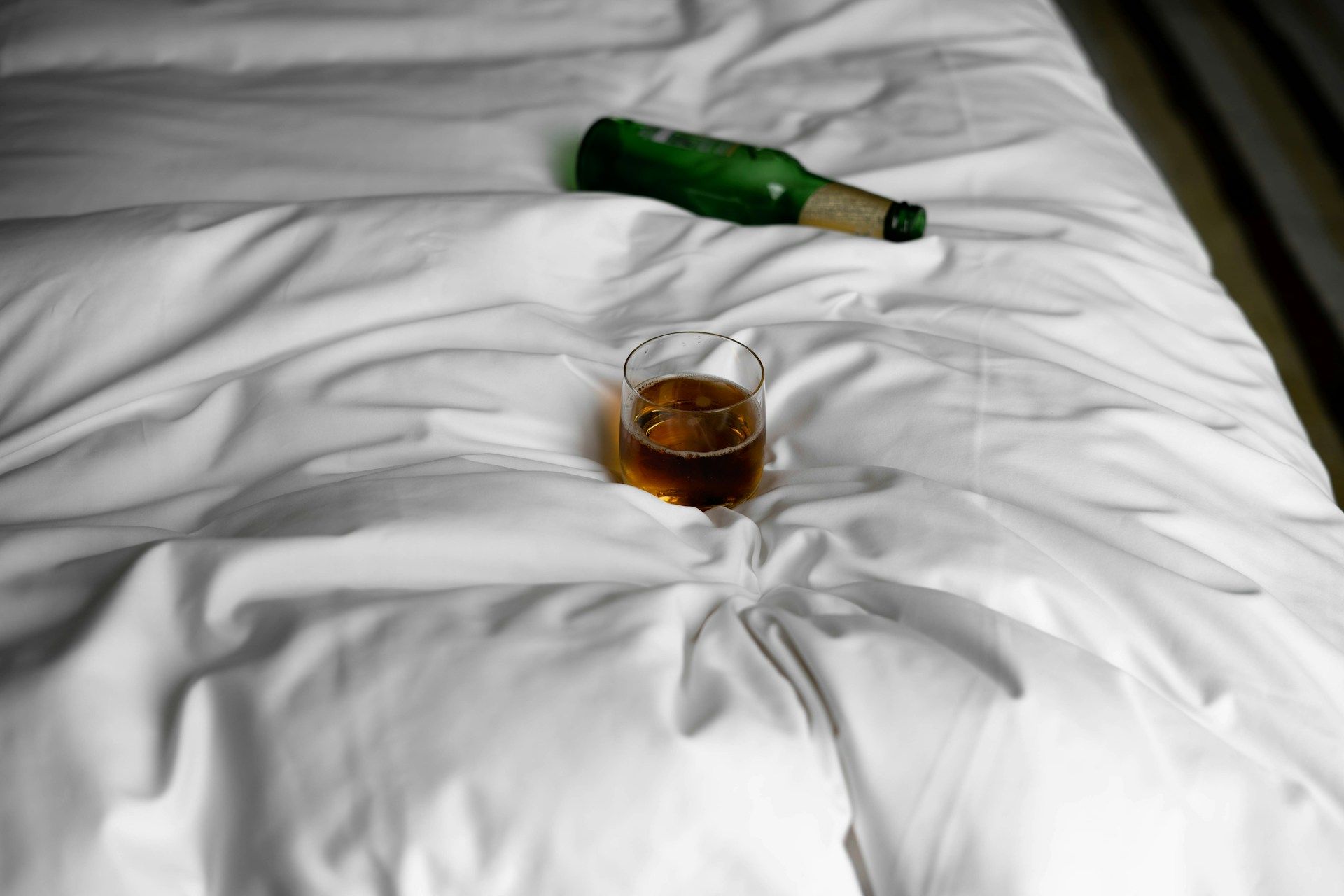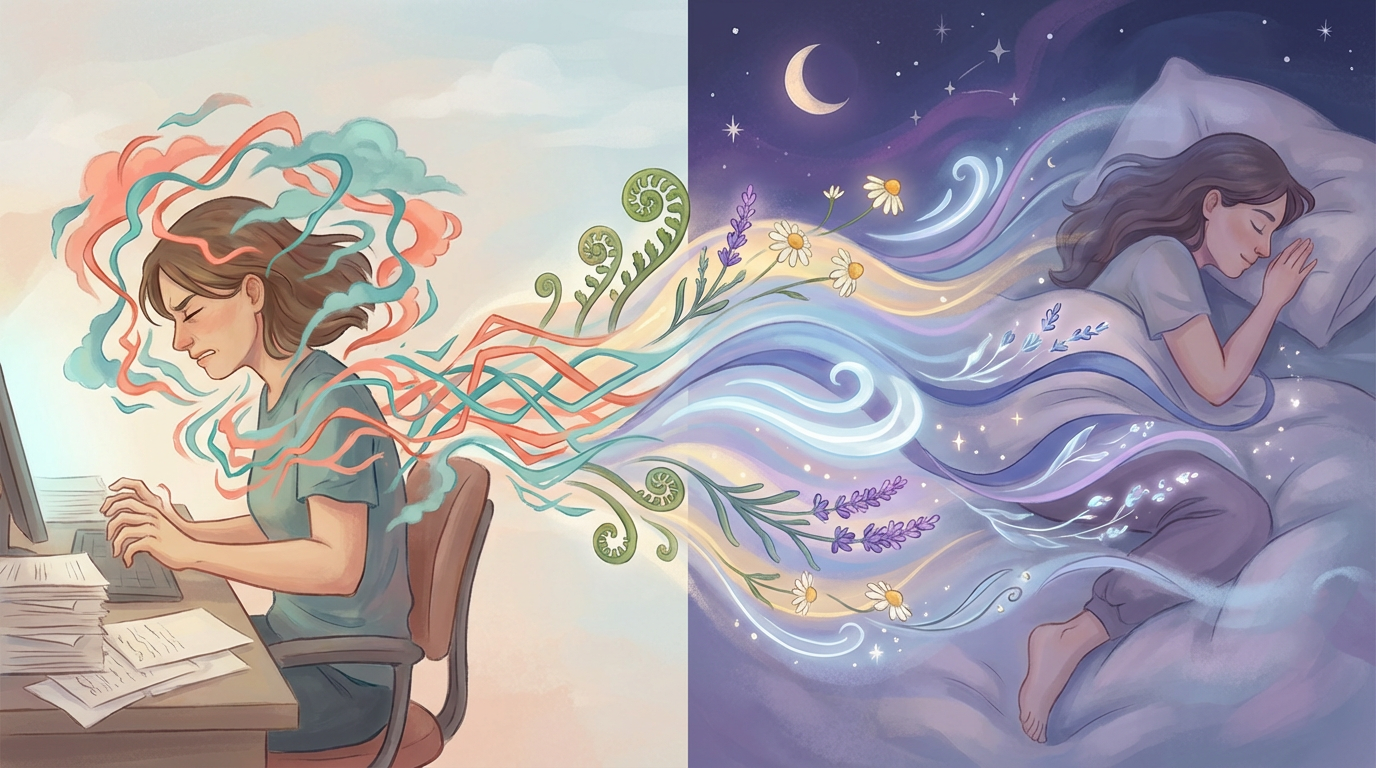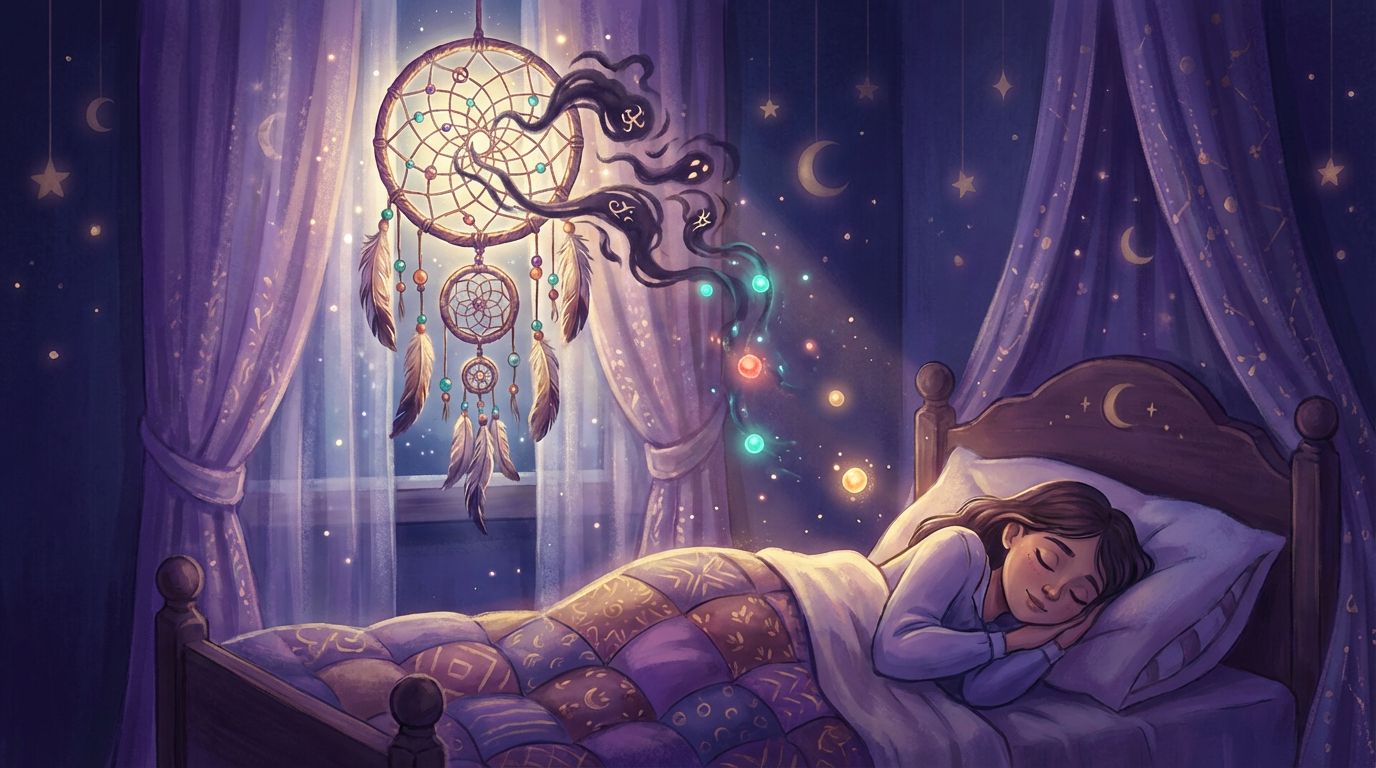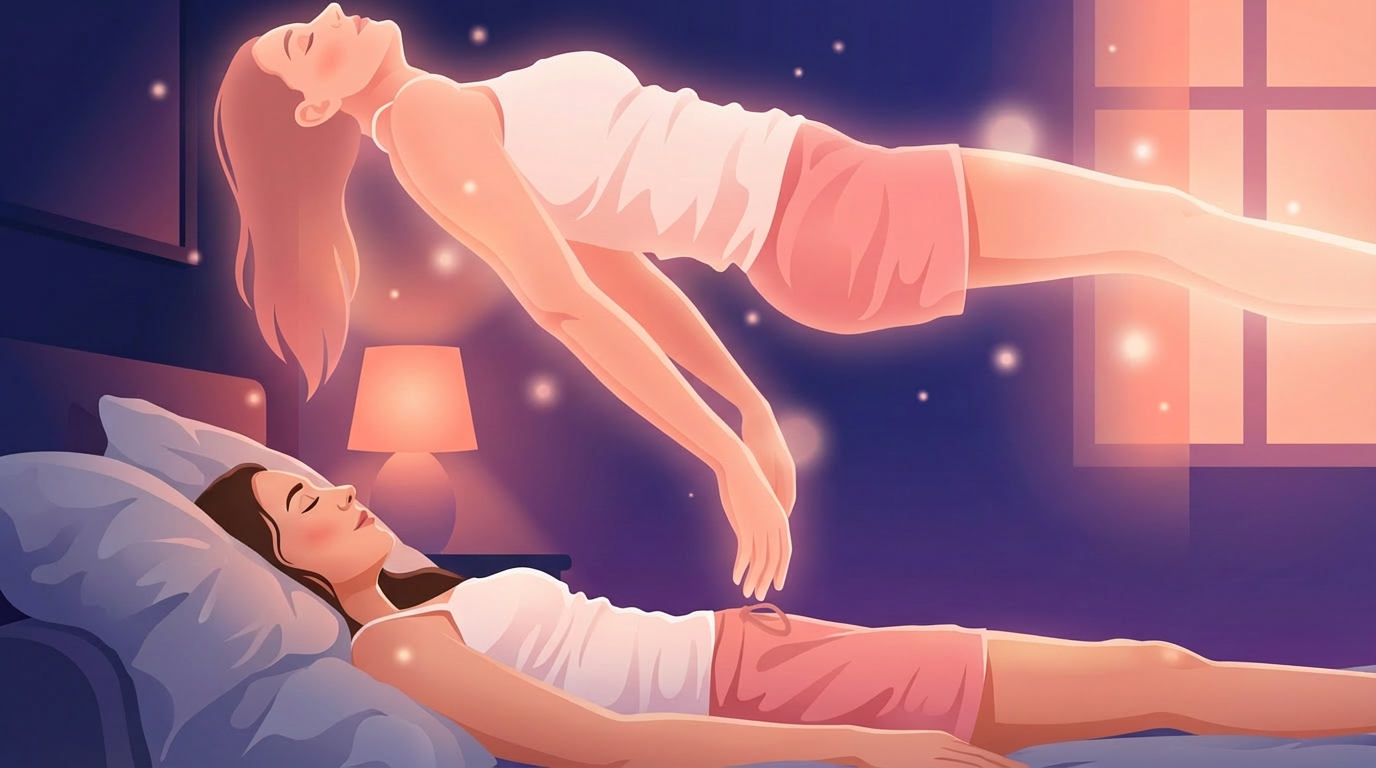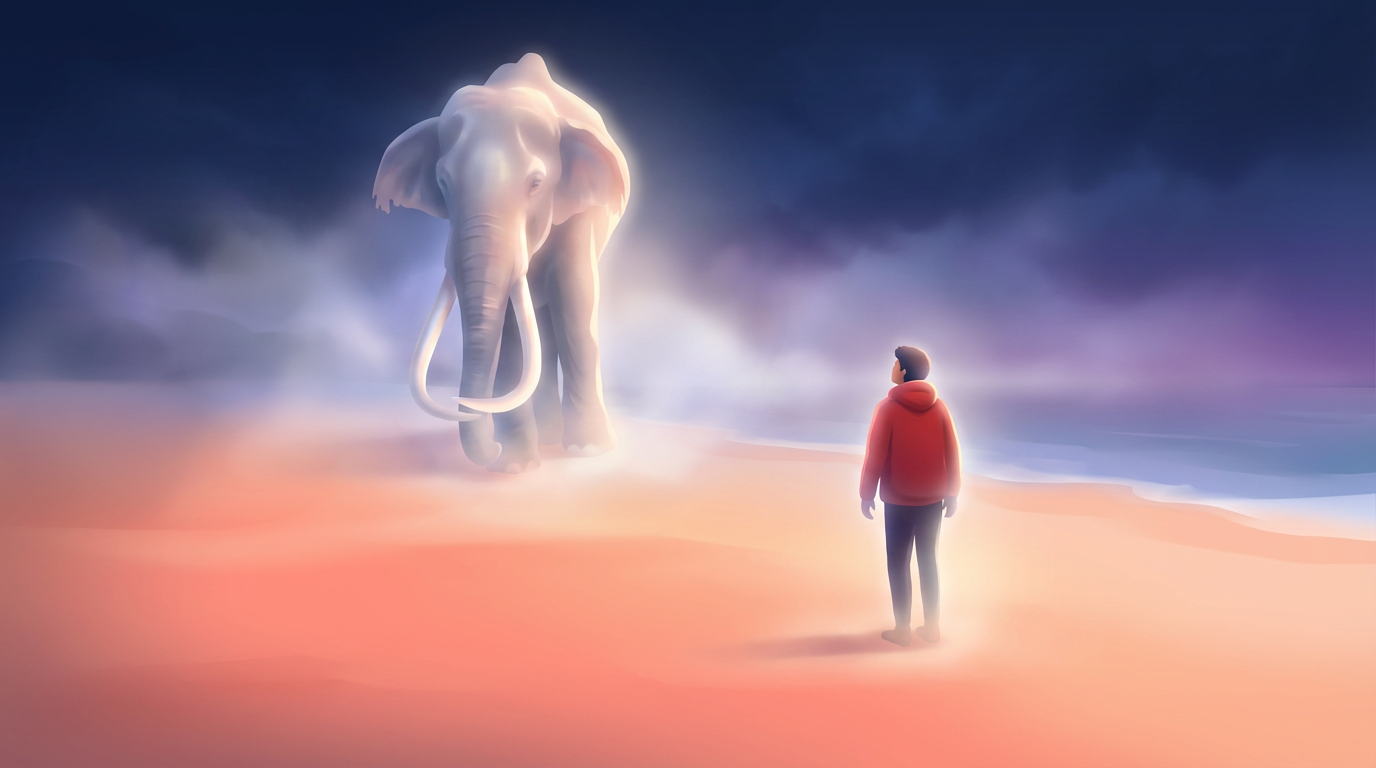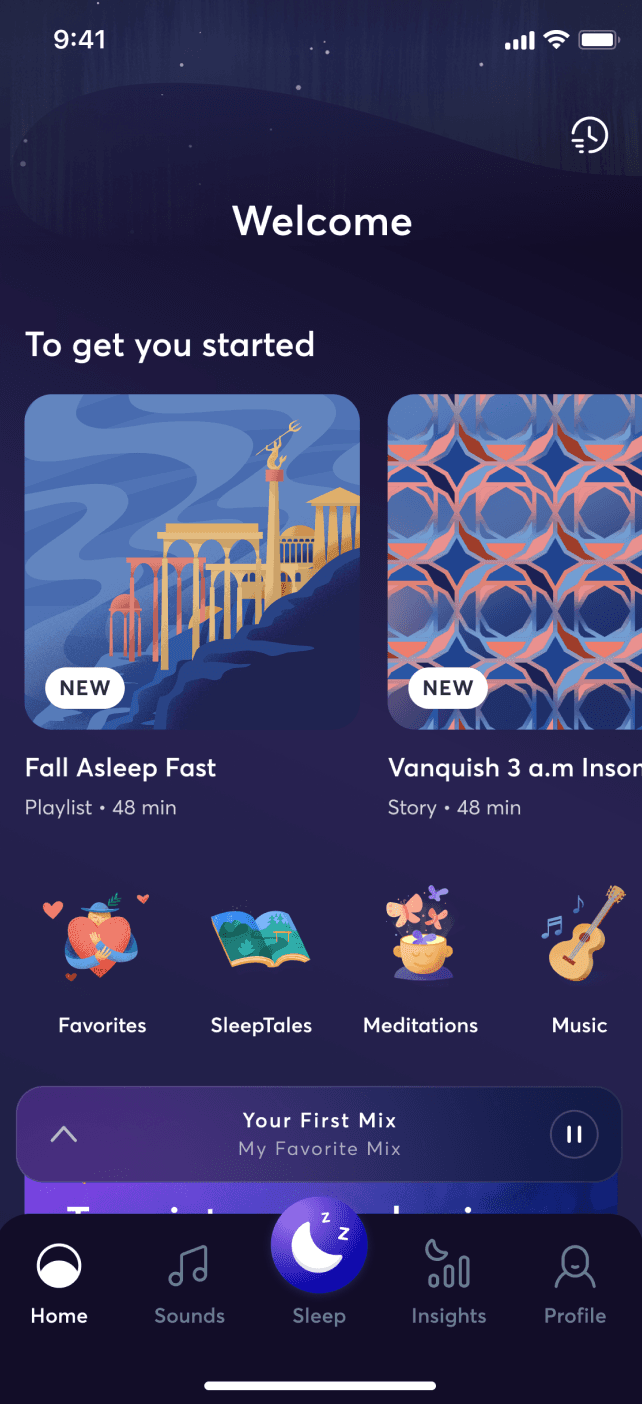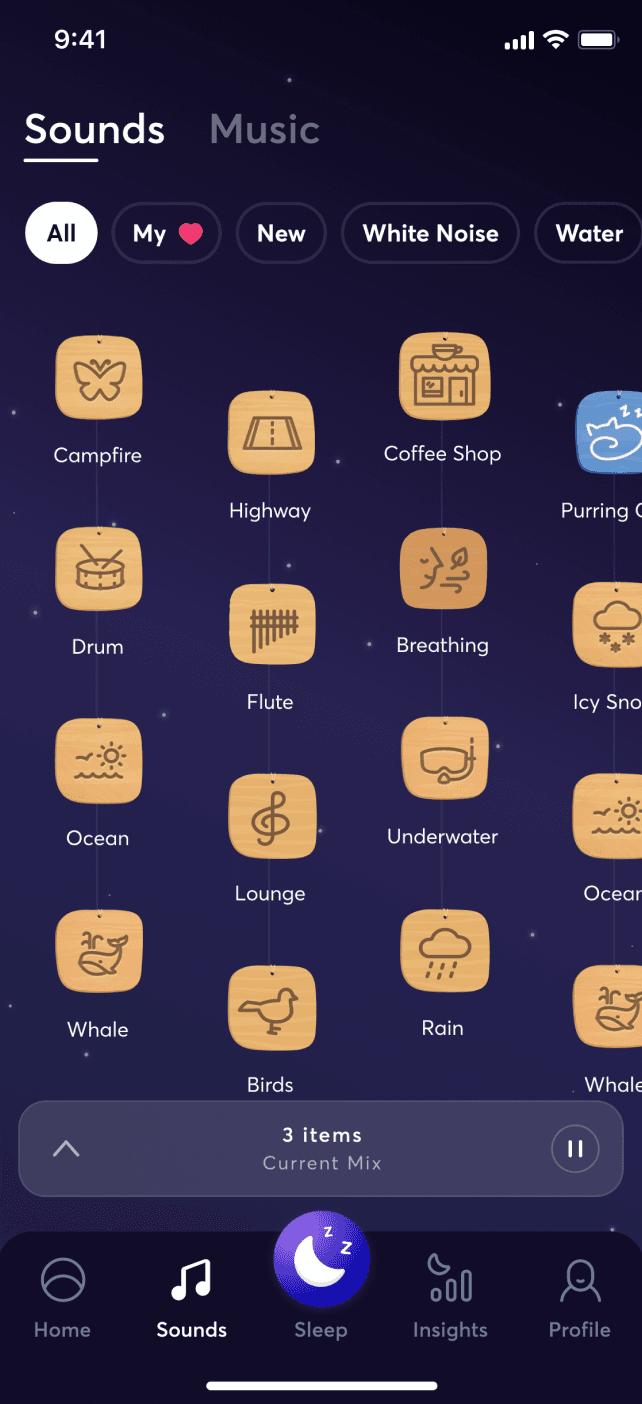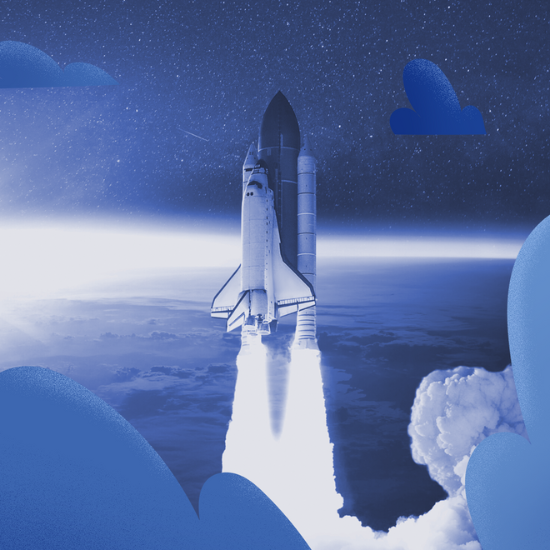
What is it Like to Sleep in Space?
You can't beat jumping into bed after a busy day! Snuggling under the duvet and resting your head on a soft pillow - absolute bliss. You hit play on Starship-28, a bedtime story by BetterSleep, and as you drift off to sleep you wonder if sleeping in space is really like.
Specifically, how do astronauts sleep while on space shuttle missions? Astronauts don't get to sleep on a comfy bed and often have to sleep in cramped sleeping quarters. And a sleep station is often shared with multiple crew members.
Plus, there's not a lot of preparation an astronaut can do to practice sleeping in microgravity before they get up there.
Here's what former astronaut Scott Kelly, who spent 520 days in space, said about his sleeping experience during space exploration.
Sleeping Quarters are Cramped
On an ISS (International Space Station), each astronaut sleeps in a crew cabin similar to the size of a phone booth.
When on a space shuttle, you don't even get the luxury of a private sleeping area, but all astronauts sleep together wherever they can find space. This means you hear when a crew member gets up or moves about.
The Bed is a Sleeping Bag Tethered to a Wall
You don't get to lie down when sleeping in space. On a space flight, astronauts sleep in sleeping bags attached to a wall to stay in one place.
And to mimic the feeling of having your head on a pillow, one thing astronauts do is velcro their heads to a pillow.
The Space Shuttle is Noisy and Bright
While space is soundless, there is plenty of noise on the shuttle. And, even though there are shades at the windows, the sun manages to seep through
And, on the ISS, you can see 15 - 16 sunrises daily as it orbits the earth at incredibly high speeds. To get to sleep, most astronauts wear earplugs, and luckily, the ISS crew cabins are soundproofed, offering a bit more privacy.
Can Often See Flashes of Light With Eyes Are Closed
At higher altitudes, cosmic rays are much more apparent and can even be seen when your eyes are closed.
The ISS orbits 254 miles above the earth's surface, and getting a good night's sleep is tough when lights are flashing in front of your eyes.
How do Astronauts Sleep in Space?
Spacecraft have pressurized cabins filled with air. While the atmosphere is made to feel like you're at sea level, microgravity makes astronauts experience weightlessness.
This means even if they set up a mattress on the floor and lay down on it, they would float away along with the mattress.
So they don't collide with other crew members at bedtime, astronauts strap their bodies into seats or attach their sleeping bags to a wall.
What Does Sleeping in Zero Gravity Feel Like?
It can take a while for an astronaut to adjust to sleeping in space. Typically, our bodies and brains are used to circadian rhythms - the natural, internal process that regulates sleep and repeats every 24 hours.
Disturbing this cycle can lead to poor sleep and impaired cognitive performance. The effect is the same as with shift work or jet lag.
Also, chronic sleep deprivation can lead to hypertension, diabetes, and nightmares.
Astronauts also have to deal with excessive noise, a new sunrise every 90 minutes, poor ventilation and temperature control, motion sickness, and the strange feeling of floating.
Do Astronauts Sleep Well in Space?
Insomnia and sleep deprivation are common for those on a spacecraft, leading to sleeping pills being the most common drug astronauts take.
NASA tries to combat astronaut insomnia by encouraging 8 hours of sleep daily, providing sleep hygiene education, and promoting relaxation techniques.
Despite all this, astronauts still reportsleeping 30 - 60 minutes less each night than at home.
How Much Sleep Do Astronauts Need?
Each astronaut is scheduled for 8 hours of sleep at the end of every mission day. However, many report that they only need 6 hours to feel rested.
Some experts believe this is because the muscles do not have to work so hard in weightlessness.
Is Sleep in Space Comfortable?
While sleeping in space, there is no difference between sleeping on the floor to sleeping on the wall. The only thing is that the weightless environment will not let the astronaut stay in one place.
Most sleeping bags in space contain a rigid pillow, which exerts a little pressure on their back. This mimics the feeling of sleeping on a mattress back home.
What is Inside an Astronaut's Sleep Quarters?
Smaller space shuttles don't always have personal compartments for astronauts to sleep in. In this situation, they will sleep together in any space they can find and attach their sleeping bag to a wall or the ceiling.
On the ISS (Internation Space Station), crew members have individual sleep compartments which contain:
- A pillow
- A lamp
- An air vent
- Sleeping bag
- Personal computer
- A small closet
- A place for personal belongings
How Many Sleeping Quarters Are on a Space Station?
The ISS is larger than a football field but only has seven permanent sleeping pods. Each one is about the size of a phone booth and just big enough to fit the astronaut and a few personal belongings.
What Happens on a Typical Day on the ISS (International Space Station)
Crew members often live on the space station for extended periods. The details of each day of their mission will be scheduled beforehand. A typical day on the ISS will look like this:
- 6 am wake-up call
- 90 minutes to eat breakfast and to get ready
- 7.30 am conference calls with the control center
- Commence a day of science experiments, small chores, and maintenance
- 1 hour to eat lunch
- Continued work into the afternoon
- One final conference call with each control center
- Work finishes at 5.30 or 6 pm
- Dinner at 8 pm
- Bedtime at 9.30 pm
Sleeping in space sounds like an incredible experience but comes with challenges. Maintaining a regular sleep pattern and dealing with sleep loss are many problems.
Even after returning to earth, astronauts have reported having a sensation of floating over their mattresses.
If you struggle to fall asleep or to get enough sleep each night, try improving your sleep hygiene. Use the BetterSleep app for bedtime stories, guided meditations, and soothing sounds.

